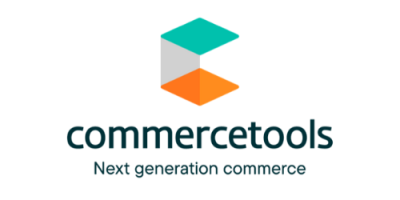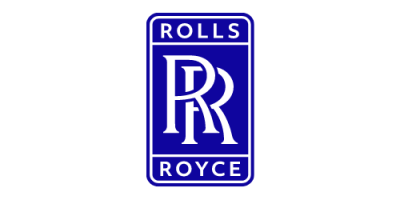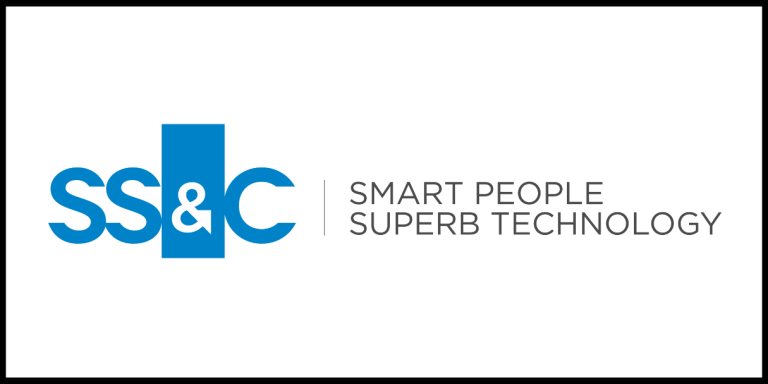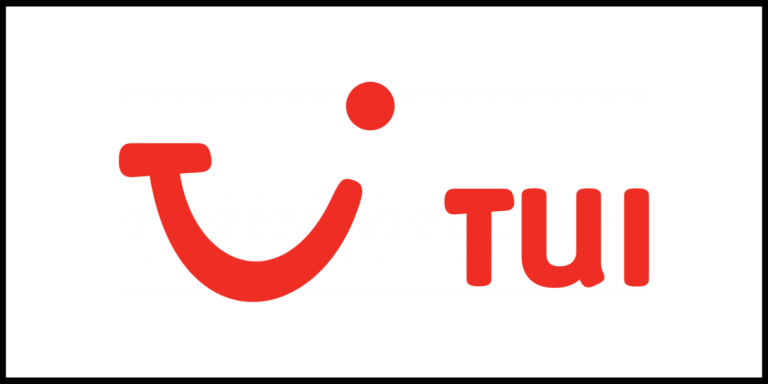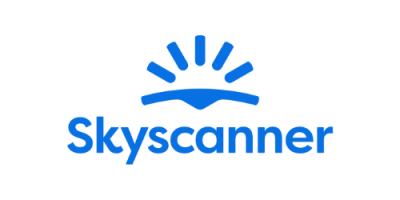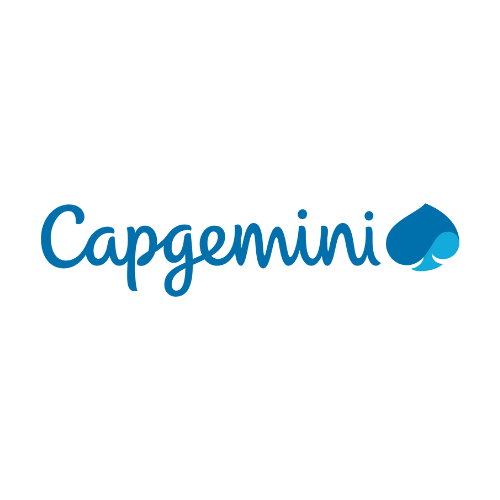So you want to be a Freelance Software Engineer?
by Sandra Edmund, Website Content Coordinator

Hola, Bonjour & Guten Tag to all our budding techies from all over the world. Have you ever wondered how to become a freelance Software Engineer? Did you even know that it was possible? Well, let me, let you, in on a secret *whisper* you can! Before we continue, let me introduce myself, I’m Sandra and once upon a time, I was a freelance Software/Web Developer. I can tell you that I definitely learnt some things along the way, and I’m here to spill the tea. So sit back, relax and take all the nuggets.
Work and home balance have truly evolved over the past three years, with COVID-19 and lockdown (don’t forget we’ve survived two). The revolutionary liberation of traditional, office-based IT roles such as software development, web development, and many more has evolved beyond our wildest expectations. We can see after two lockdowns people are looking for other flexible means of working that cater to their schedule and freelancing is definitely one of them alongside WFH, but let’s dive into freelancing. Firstly, let’s weigh the pros and cons of freelancing (I do love a list) because every good thing does come with some cons so it’s best to know now, then later.
- No more mandatory 9-5
- You’re in charge
- Choosing your clients
- Earning better money
- Flexible workload
- Flexible work hours
- Work from anywhere
- Superior skill building
- Less job security
- Working in isolation
- Tax worries
- Inconsistent work
- No employee benefits
- All the responsibility
- No paid time off
What does a freelance Software Engineer do?
If you got this far in our lovely guide it means that the pros and cons didn’t daunt you and you are ready to take the leap. Ready to take this new adventure but do you really know what it entails? Well, let’s get the facts straight so that you’re not confused!
A freelance software engineer is employed by one or more businesses on a short or medium-term basis independently. Even though SEs work on certain tasks or projects that were agreed upon by the freelancer and the business, they aren’t employees of the company.
Their responsibilities include helping with websites and computer programs by using coding languages and techniques to create the “back end” of applications. The “back end”, or the portion of a programme that consumers don’t see, is created by using coding languages and methods. Consequently, these specialists create the underlying technologies that enable and support websites and applications. The following responsibilities fall on freelance software developers:
- Making application system designs
- Advising and implementing software upgrades for customers
- Making web pages with code
- Locating customers
- Interacting with customers to ascertain their needs
- Maintaining a personal website or portfolio
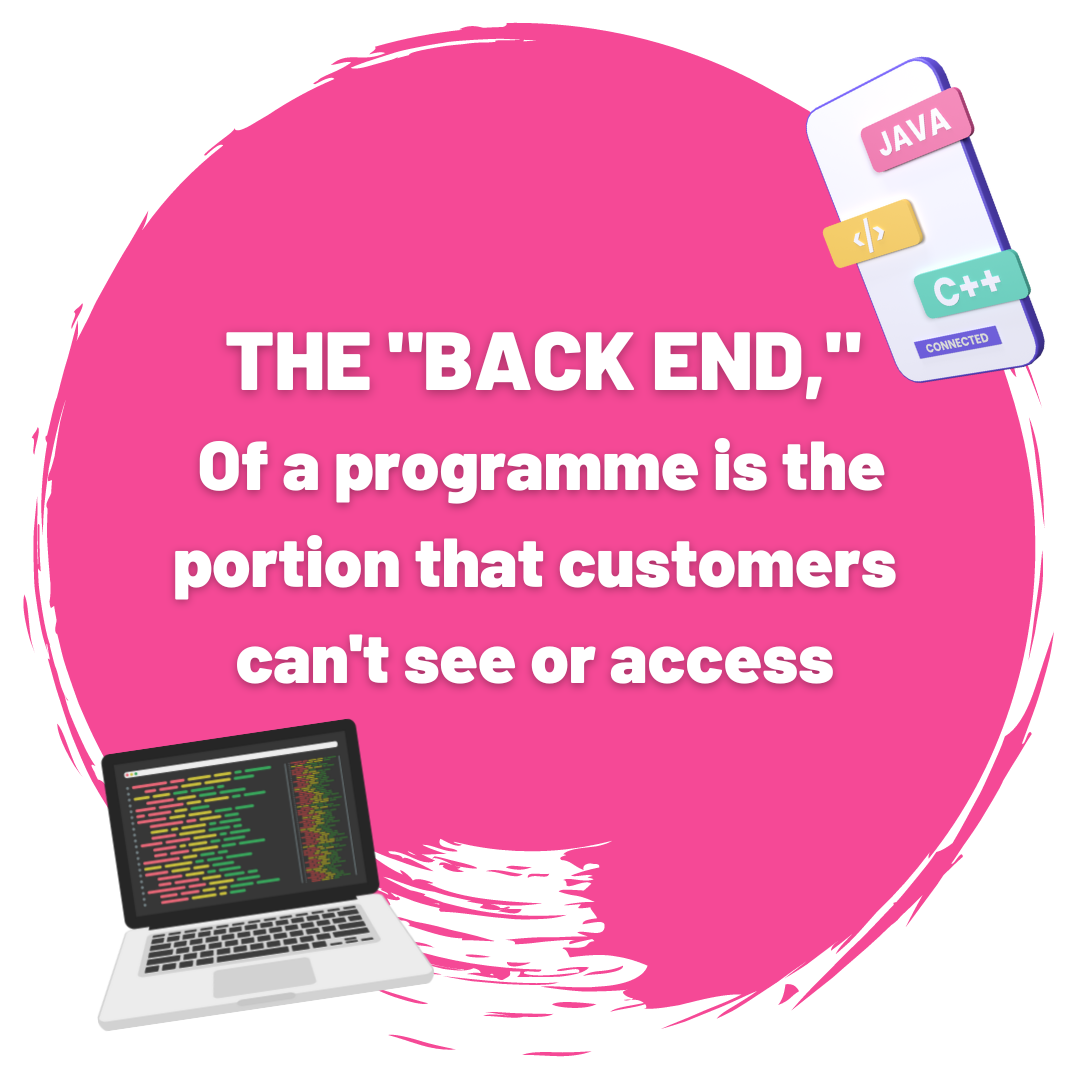
In my previous life as a freelance SE/Web, I worked on various web project like portfolios, magazines, educational platforms for a wide range of clients in different industries. My day would usually involve talking to potential clients, improving my skills and making sure that my portfolio and media presents were up to date and visible.
TikTok became an amazing tool to get myself out there, I started my 100 days of code and was making fun videos to show others. One of my videos got 15k views so being brave enough to film your experience helps as a freelancer because you never know who you could connect with. If you would like to follow me on TikTok, you can find me, @sandyintxch.
The Top Tips
So now you know the pros, the cons and what exactly a freelance software engineer does, here are my top tips for becoming the ultimate freelancer.
Promote yourself. Be your biggest fan and brag about yourself, there’s no harm in it (especially when you are trying to look for work, and get your money)! The best way to go about it is by having a software dev portfolio with all of your previous projects. Make yourself an interactive website or a GitHub profile – or both! Promote them on professional networks like Upwork & Fivver and social media platforms like LinkedIn & The Dots. You will be surprised at the work you can receive when you take some time to update your portfolio.
Boost your skill set. The best software developer roles need you to have expertise in a variety of platforms and programming languages, including JavaScript, React, App Development, and others. Funny enough, we, Code First Girls, ooooh heyyy…we offer multiple courses, classes, degrees, and +masters to upskill to the max! If you want to see all of our offerings just head to our courses and you will find everything you are looking for.
Keep an eye out for new trends. Read blogs and newspapers like TechCrunch, Wired, Gadgette & CodeBetter or listen to podcasts like The Doppler Cloud, Glowing in Tech or any tech-related podcast. Attending meetups, whether they’re in person or online, is another amazing way to learn about what others in your field are doing. Additionally, you can look at feeds like GitHub Explore, connect with people on LinkedIn and join tech-related communities.
Analyse your options for software specialisation. Software development comes in a variety of forms, including web development, mobile development, and application development. Each type necessitates familiarity with and proficiency with various programming languages and tools.
Create guest blog posts. As a result, you gain more respectability and access to a wider audience to market your products. Alongside creating blog posts, social media platforms have increasingly become a stepping stone for influencers to get their name out there. Start with a simple video or graphic and post it on your feed, if you are consistent enough people will start to see your content and it will become popular. This contributes to your profile so get yourself out there!
Pricing your worth! After spending the time to upskill & promote your name it’s only right to get paid for your services (of course that’s why you are looking into being a freelancer), but the daunting part, is not knowing your price value and setting yourself a daily rate. The best way to go about it is to seek advice from your network/community, ask them how much they set their rates and gauge it from there. When I started as a freelancer I did so much research on pricing and looks for different articles (I link some of the best ones to read) below:
- How much does a software developer cost?
- Freelance Software Developer Salaries in the United Kingdom
- Software Development Price Guide & Hourly Rate Comparison
- Freelance Developer Rate Trends of 2022
That’s all from me today and I hope this little guide has helped you to figure out your next steps in the world of freelancing in the tech industry. Have fun and keep coding till next time.


